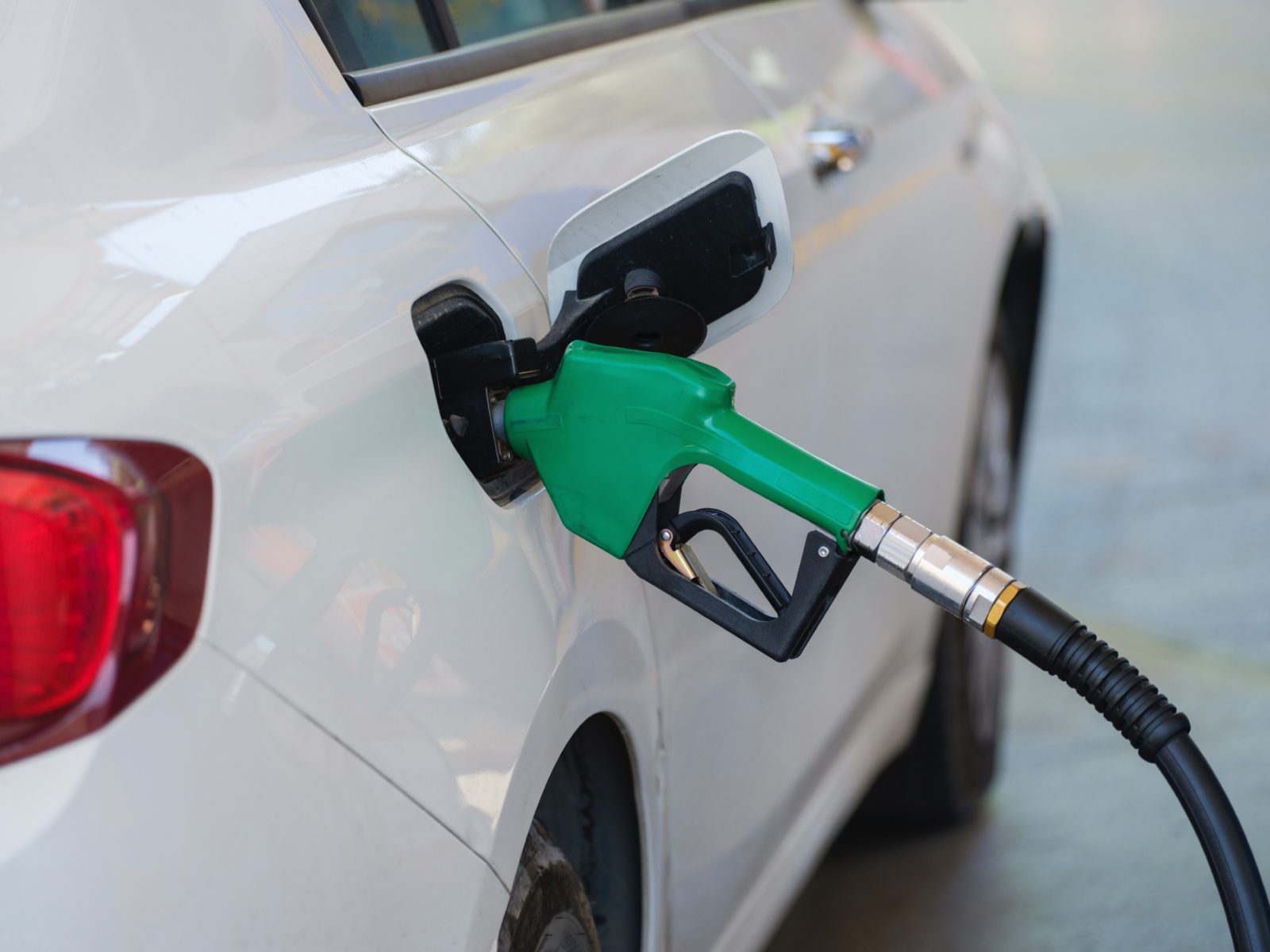Motorists can expect the traditional rise in fuel prices ahead of the peak summer driving season. However, an additional substantial surge in diesel prices will likely occur later this summer, with an estimated increase of more than two Czech crowns per liter. This anticipated surge results from the planned removal of the reduced consumption tax on diesel, leading to a price hike of 1.80 CZK per liter, including VAT.
During the initial reading, the government aimed to secure approval for this price increase in the Chamber of Deputies. Unfortunately, the opposition blocked the proposal on Tuesday, causing a delay in the implementation. According to Finance Minister Zbyněk Stanjura from the ODS party, the tax will not increase by July 1 but at a later date.
In case the legislative process faces delays, the Ministry of Finance spokesperson, Tomáš Weiss, stated that the new amendment would come into effect in the month following its publication in the Collection of Laws. Consequently, each month of delay would result in the state losing approximately 800 million Czech crowns.
The timing of the diesel price surge will largely depend on the speed at which members of parliament and senators approve the proposed measures. The increase is expected to happen at the beginning of summer due to increased demand during the holiday season.
Štěpán Křeček, Chief Economist at BH Securities, remarked that the price surge aligns with the typical pattern seen during the summer months when drivers embark on vacations and fuel demand rises. He predicts that prices could increase by tens of healers per liter.
While the return of the consumption tax to pre-June levels may seem reasonable considering the long-term decline in gasoline prices and the state budget deficit, it will not be advantageous for Czech carriers. Martin Felix, spokesperson for the Czech Association of Road Transport Operators (Česmad Bohemia), expressed concern that the sudden increase in the consumption tax will put Czech carriers at a significant disadvantage compared to their counterparts in Poland, Slovakia, and Hungary, who will enjoy a competitive edge due to lower prices.
It is worth noting that, according to the Slovenian automobile club AMZS, the diesel prices in Hungary, after conversion using the current exchange rate between the Czech crown and the Hungarian forint, are expected to be approximately the same even after the price increase in the Czech Republic. However, prices in Slovakia, when converted based on the exchange rate between the Czech crown and the euro, are likely to remain higher following the diesel price hike in the Czech Republic.
As of Monday, CCS reported that Natural 95 was sold at an average price of 36.60 CZK per liter, while diesel fuel was priced at 31.33 CZK per liter.
Since 2021, the reduced consumption tax on diesel has been set at 9.95 CZK per liter, down from 10.95 CZK per liter. From June to September last year, the government further reduced the consumption tax on diesel and gasoline by an additional 1.50 CZK. Thus, the tax rate for diesel fuel stood at 8.45 CZK, and it remains unchanged.






